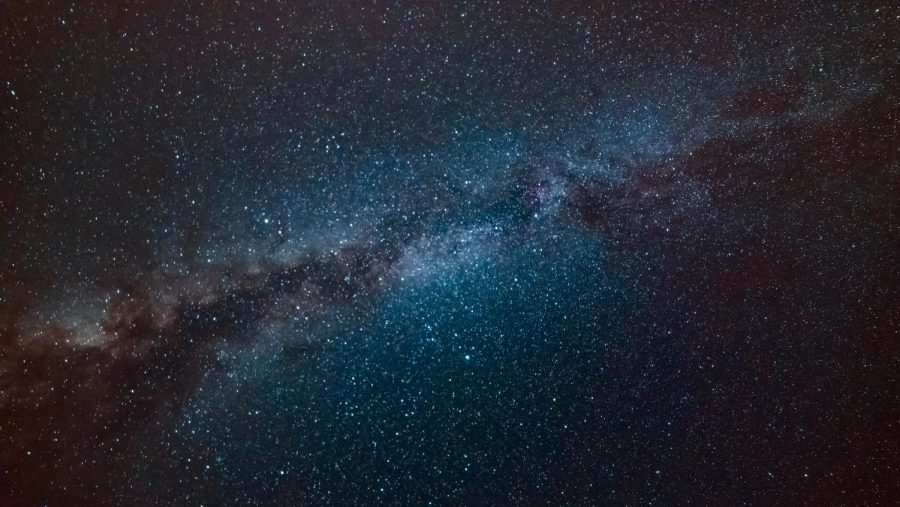The Infinite Universe
“It is known that there are an infinite number of worlds, simply because there is an infinite amount of space for them to be in. However, not every one of them is inhabited. Therefore, there must be a finite number of inhabited worlds. Any finite number divided by infinity is as near to nothing as makes no odds, so the average population of all the planets in the Universe can be said to be zero. From this it follows that the population of the whole Universe is also zero, and that any people you may meet from time to time are merely the products of a deranged imagination.” Wrote Adams Douglas, who took probability to a different level and wrote The Hitchhiker’s Guide To The Galaxy. That is indeed a bold thing to say while considering that our home earth is inhabited by all sorts of carbon-based life forms. Nonetheless, the cosmos is such a vast place that the infinite distances simply will not fit into human imagination. An attempt to consider the space continuum is absolutely impossible, because there’s nothing in relation to compare it to. Think of it as a freeway, where the vehicle appears to be creeping along the road while the speedometer reads 80mph. There is nothing around to relate the speed to, therefore the driver cannot interpret the velocity. Just to bring things to scale, our observable universe stretches out for 45 billion light years (5.5×1023 miles), and this number is not constant, because the universe expands at a rate of 42 miles per second, which makes it faster than light itself.
Unfortunately, since the expansion is so fast, the light takes much longer to reach us. It is estimated that our observable universe makes up only 4% off all the universe, once again, because the universe expands faster than the light does. If the universe keeps on stretching, than it must be expanding to infinity, therefore stretching the universe fabric, and increasing the number of potential galaxies to infinity. Following what Douglas said, the probability to find a habitable planet is equivalent to zero because 1/∞ =∞, or even 1*10^500 would produce such a small number that it would somewhere close to zero. However from a mathematical perspective, using the same concept and his own argument, it could be said that there is an infinite number of habitable planets, and an infinite number of inhabitable planets. Therefore, the population would be undefined.
The universe is a bizarrely large place, so large that finding a life form is infinitely difficult. Using the infinity concept is like trying to hit a pinata in a dark room, without knowing that pinata was never present in the first place. As one famous physicist, Stephen Hawking wrote in, A Brief History of Time, “Within the universe, you always explained one event as being caused by some earlier event, but the existence of the universe itself could be explained in this way only if it had some beginning.”
To make sense of this, there must have been something prior to the beginning. However, before the Big Bang, time did not exist, therefore, in theory, there was no space nor time. Our knowledge is very limited on such a theory, and our imagination can only take us as far as that. It is interesting to point out how Adam Douglas brought the “coincidence” into the plot so many times. It was also a mere coincidence that the life begun 3.5 billion years ago, which is 1 billion years after the formation of earth, and 10.3 billion years after the creation of our universe. It was also a coincidence and a pure chance that the dinosaurs went instinct, and that humans had a mutation within our brain which caused us to be highly intelligent. All f these events were improbable, or as some may say unlikely to happen at all. However, if the space is vastly infinite, than there is always a chance for anything.











